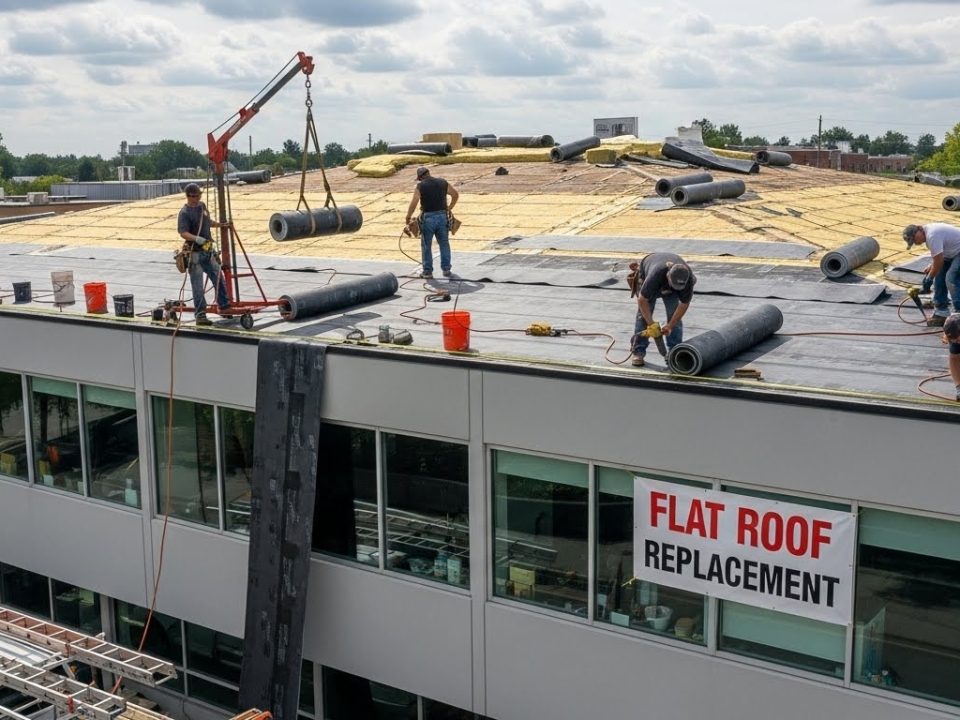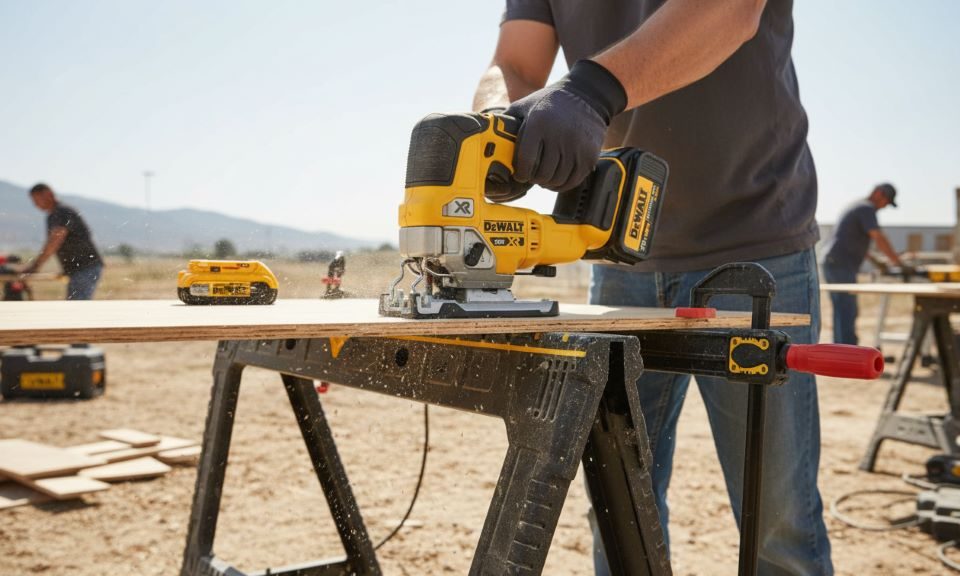With property investing, learning how to avoid buying a house with structural problems is very important. Most buyers these days have a preference for homes that are structurally sound and up to code. But what do you look for? When you’re ready to buy a home, there are several things to consider before you make the final decision.

The first thing to consider when it comes to purchasing property is location. If the structure of the home requires minor repairs, you can save a lot of money by buying the property without major structural problems. For example, homes that are on the market because of minor structural issues can be listed at much cheaper prices than homes that require extensive repairs. You’ll also find that properties located in safe areas, where crime rates are low, are generally the best deals.
Another thing to keep in mind when looking for a property with structural problems is proximity to a source for repair. Do you live close enough to a professional home inspector or contractor to get an unbiased assessment of the problems? Can you afford to hire a contractor or inspector to come out and inspect the property yourself and make sure that it’s not a major problem? You don’t want to spend your money buying a fixer upper and then discover that the problem isn’t worth fixing. It’s better to save your money and purchase a home with structural problems that need immediate attention than to save a few pounds and purchase a home with ongoing problems that cost more in time and money down the line. Find out about a Building Survey Chelmsford from a site such as Sam Conveyancing

One thing to consider in order to avoid buying a house with structural problems is to determine what is wrong with the property prior to purchasing. If it is obvious that the home needs some type of repair, ask the seller to come out and give you a detailed list of the issues. Don’t be shy, this is very important. If the seller knows that you are concerned about structural problems, he will usually do whatever he can to make it look better.
How to avoid buying a house with structural problems, also includes determining if the problem constitutes a hazard. A sign of a hazard is something that could cause physical harm to people. For example, it would be bad to buy a home that has plumbing that contains lead in it. In fact, it would be better if you didn’t buy at all than to pay a small fortune to have the problems fixed. Unfortunately, most houses containing lead in their plumbing were sold before the lead poisoning became known, so the potential problem was never really addressed.
If you have any doubts about how to avoid buying a house with structural problems, it would be in your best interest to purchase a house that was inspected prior to the sale. A surveyor can give you all of the information that you need to make an informed decision.




